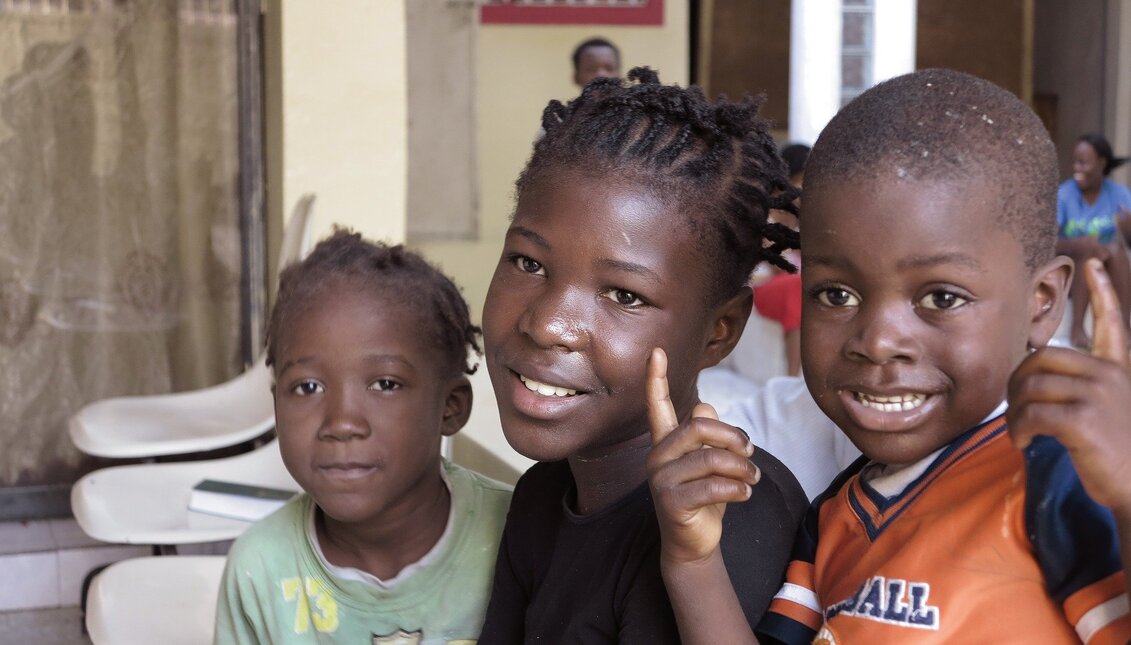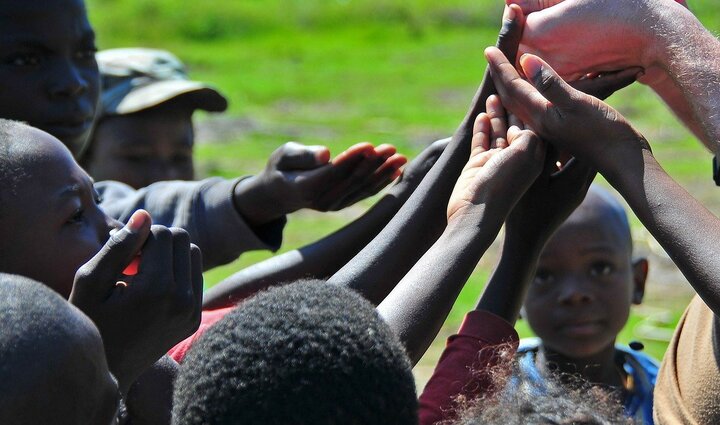
The United States deported a lot of children to Haiti
Children deported to a country they don't belong to? This is the case for more than 800 Latin American children expelled from the United States and sent to a…
A total lack of humanity. This is how the actions of the United States immigration system can be described, which, according to a report published by BBC Mundo, have sent hundreds of children to Haiti, a country with extreme conditions of poverty and crime, regardless of their place of birth.
Arguing that the children's parents are of Haitian origin and covered by Title 42, which allows "express" deportations as a measure to contain the pandemic, the U.S. government, now led by President Joe Biden, had no qualms about send nearly 800 children, between Sept. 19 and Nov. 4, to a highly-troubled country where they can even become easy targets for criminal gangs that engage in kidnapping.
#Haiti: Kidnapping has become a main source of financing for criminal gangs, w/+750 ppl kidnapped this year as at mid-Oct, incl. children, adolescents, & women.
— ACAPS (@ACAPSproject) November 11, 2021
Gang activity has also affected children's access to #education access to #humanitarian aid https://t.co/TsqaruM1Ja pic.twitter.com/Y6TOKiDV6h
Most of the children and their families came to the United States illegally after crossing a large part of the continent and suffering at the expense of the elements, as well as the strong repression of different governments. Likewise, the racial aspect of immigration has come to light in the way these migrants are processed, showing that mistreatment has been a constant and been reported several times.

Even though the parents of the children are Haitian by birth, the kids had never set foot on the soil of the Caribbean country until the moment of their deportation. According to data from the International Organization for Migration, IOM, at least 400 children were born in Chile, 84 in Brazil and six in Venezuela, as well as others who came from Ecuador (one), Panama (one) and Nicaragua (one).
RELATED CONTENT
This is the figure extracted from those immigrants that carried identification documents, so it is believed that the number of deported children, regardless of their place of birth, may be higher since there are many undocumented people who were detained. The BBC report indicated that according to data from Panamanian authorities, of 19,000 minor migrants who crossed through thee country during 2021, at least 7,000 had been born in Chile and another 4,000 in Brazil.
TOMORROW! Wed 11/17, 5:30 pm PT/8:30 ET, @CSUSM_AandL's screening of #DEPORTED, featuring director @rachmag_2 & recent RFK Award winner @GuerlineMJozef. Link for tkts & trailer in .
— Dr. Alyssa #StopHaitianDeportations Sepinwall (@DrSepinwall) November 16, 2021
Electricity permitting, some of the film's subjects will join us live with an update!! https://t.co/kViSnaDeMA
The mounting difficulties of Haiti have made it a hell for many to remain within its borders. And although the families were not separated and deported together, many human rights activists consider their lives in danger due to the political instability and the wave of crime and kidnappings that happen there. Minors can be considered easy targets to claim the savings that their parents were able to bring from abroad.
Likewise, the Caribbean country is going through one of the most critical stages of the pandemic, with collapsed hospitals and an almost non-existent vaccination campaign that generates one more threat against newly-arrived children and families, who will surely try again to undertake the hard journey to United States, considering the risk is lower than staying there.
Despite the complaints, more than a month after the massive deportation, the situation of the children and their families remains untenable, sending a clear message: That they are alone and that little or nothing will be done to improve their situation. This is reaffirmed in the BBC report, where none of the diplomatic foreign relations bodies or agencies in charge of migration from the countries involved gave any kind of statement.
NEW Report--683 #ICEAir flights: October was 3rd highest month of the last 22. Down from mind numbing 766 in September, it was just below the second highest month of 695 in August. Since @POTUS: 4,547 likely ICE Air flights expelling AS back to danger. https://t.co/jJHehPL89d
— Witness At The Border (@WitnessBorder) November 9, 2021










LEAVE A COMMENT: